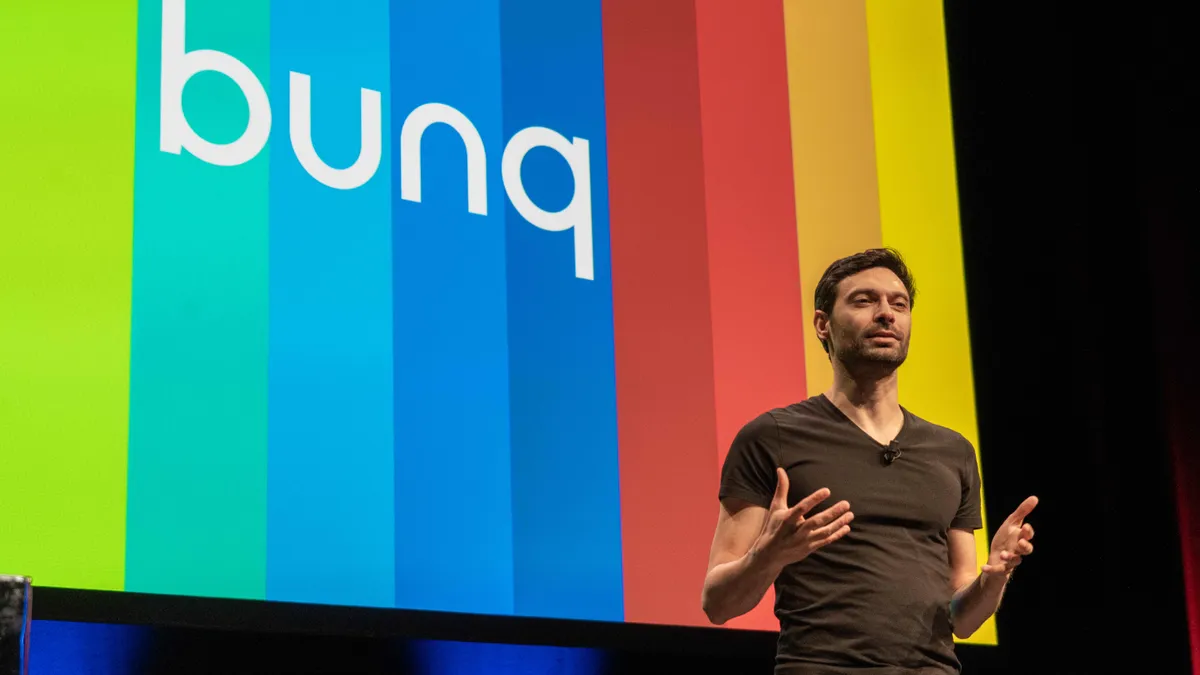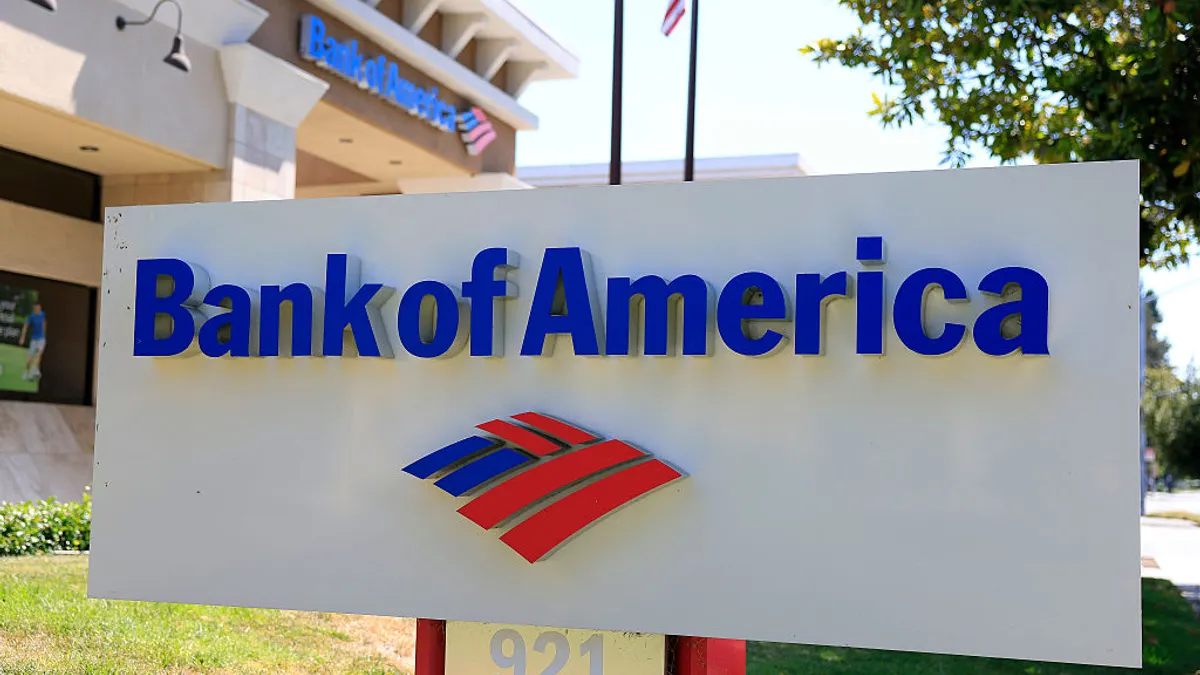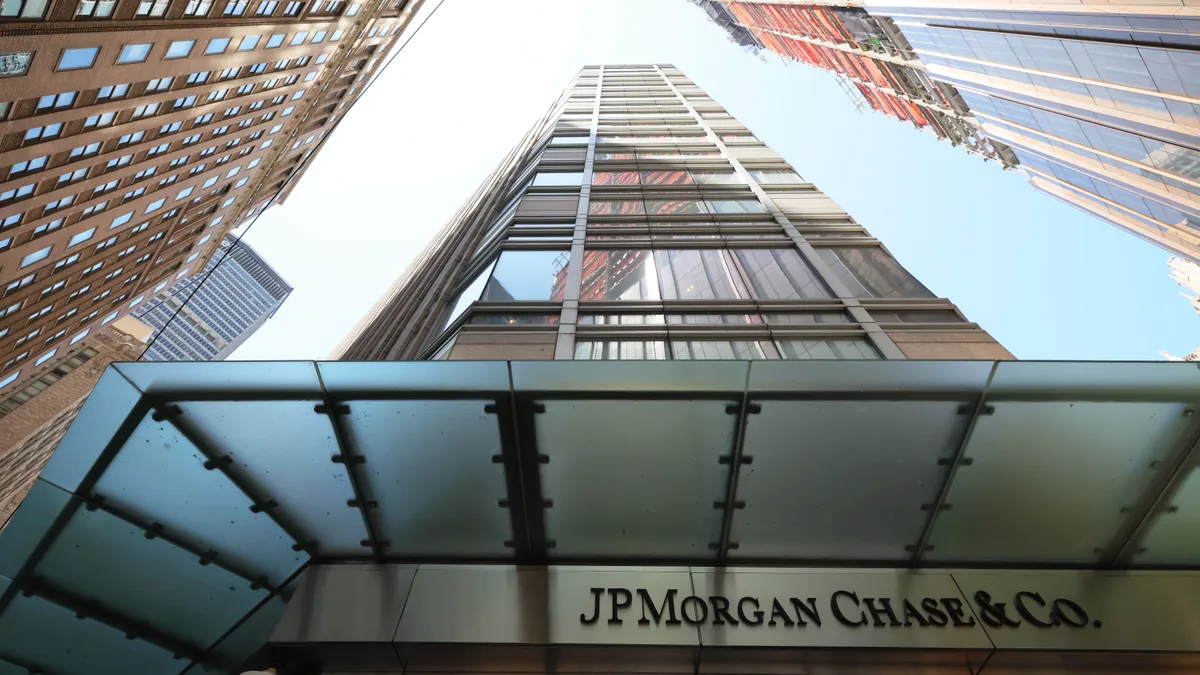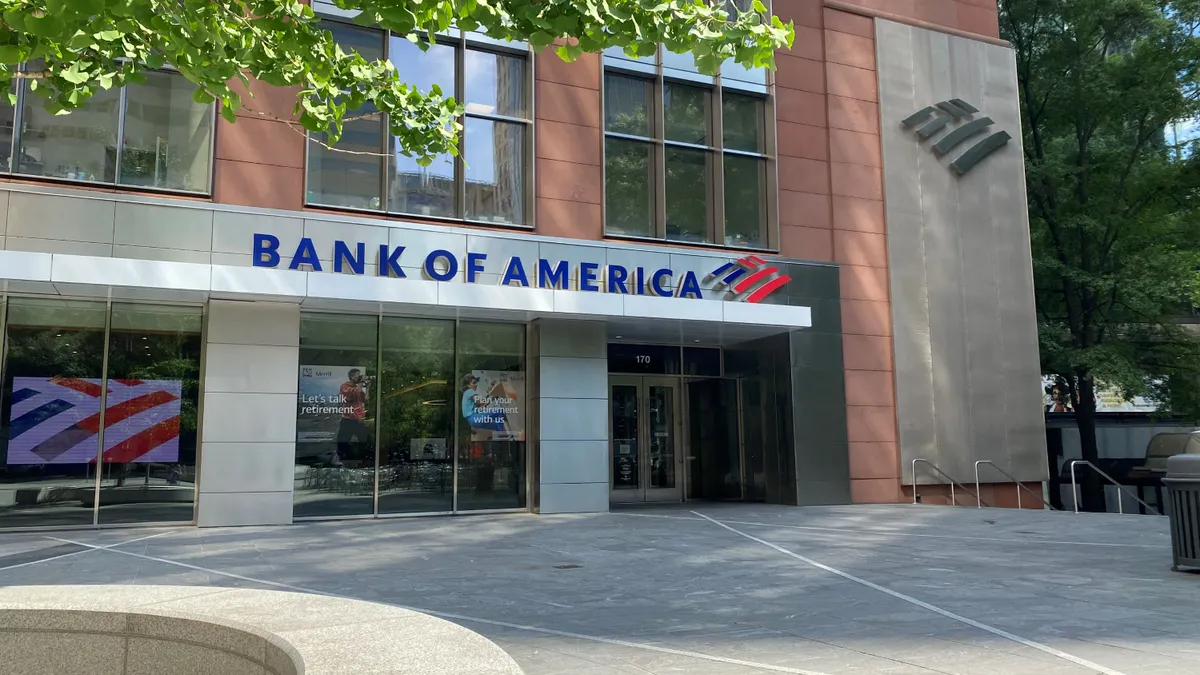There’s an adage, meant to motivate perceived underdogs: If someone in power dismisses your concern, start again one level higher.
In the business world, such a roguish attitude is bound to ruffle feathers and make enemies. But it seems to be a go-to strategy in dealing with climate antagonists in Washington.
If it seems like a guerrilla tactic, there’s some truth to that. A group of 145 organizations, which likely haven’t been getting the response they want from the banks they’re targeting, last week wrote to John Kerry, President Joe Biden’s special envoy for climate, seeking his support on a move to cut off Wall Street’s financing of fossil-fuel activities.
"We must recognize that Wall Street isn’t yet an ally," they wrote. "As long as U.S. firms continue to pour more money into the drivers of climate change, they are actively undermining President Biden’s climate goals."
A State Department spokesperson said the U.S. government doesn't have enough resources to fight the climate crisis by itself and needs both the public and private sectors to help finance its climate agenda, Bloomberg reported.
The again-one-level-higher technique may not work often, but grass-roots organizers aren’t the only ones to use it. Career public servants can play the game, too.
Sen. Pat Toomey, R-PA, the Senate Banking Committee’s ranking member, sent a letter last week to Mary Daly, the chief of the San Francisco Fed, seeking details on the central bank satellite’s biweekly virtual seminars on climate economics and asking for a rundown of a decade’s worth of expenses regarding research and community development.
That research into politically charged issues such as climate change and racial justice efforts, Toomey contended, runs counter to the Fed’s independence and constitutes "mission creep" into territory already covered by other federal entities.
The San Francisco Fed and other Fed banks "have written social studies essays dealing with, among other things, health insurance and essential service workers in New England (something for which we have a Department of Labor, Equal Employment Opportunity Commission, and National Labor Relations Board); the relationship between race, type of work, and Covid-19 infection rates (something for which we have a Department of Health and Human Services); [and] overcrowded housing (something for which we have a Department of Housing and Urban Development)," Toomey wrote. "While this research may be meritorious, the Federal Reserve is devoting significant federal resources to efforts that are supposed to be ... nonpartisan."
Climate isn’t the only polarizing issue in play. Raphael Bostic, the chief of the Atlanta Fed, told CNN last week "there are definitely merits" to reparations from inequality "in the sense that, if people have been harmed by laws, then there should be a discussion about redress."
"We have African Americans today who have a lot less wealth, in part because they have not been able to inherit the wealth that would have accrued had their ancestors been able to accrue that wealth," he said.
Bostic's comments follow a working paper the Minneapolis Fed published on the topic in February.
The crux of Toomey’s message is: If this is how the Fed banks are spending the money we give them, maybe they don’t need that money.
It’s a low-probability shot. What’s the likelihood that he’ll persuade enough fellow lawmakers to approve a smaller budget for Fed research?
Nonetheless, there’s been a rapid escalation in the discussion of the proper venue for climate-change research.
"The Federal Reserve — we’re not climate scientists, we don’t have the toolkit in the way we’re set up, in our structure, to fight climate change, but we absolutely are responsible for understanding climate risk," Daly said in a late-March speech, according to Bloomberg.
Take that concern one level higher.
Chris Waller, a Federal Reserve governor, in a Q&A session following a speech on the day Toomey sent his letter to Daly, said climate change was "Congress’s job" and Fed research was limited to how it could affect the central bank’s twin missions of maximum employment and stable prices.
"All we do is study it, try to understand its impact on the economy and what that would imply for both economic stabilization or regulatory actions," Waller said March 29, according to Bloomberg.
Toomey, in his letter, noted that each of the 12 Fed satellites has a research department, and that studies occasionally overlap. He added that the Fed board has a research department, too — "as does the Federal Stability Oversight Council via the Office of Financial Research."
Stop right there. Take Waller’s words a level higher.
Two days after Toomey’s letter to Daly, Janet Yellen convened the Financial Stability Oversight Council (FSOC) for the first time since becoming Treasury secretary, and laid out the panel’s priorities — with the heads of several regulatory agencies in attendance.
Yellen said she is establishing a "climate hub" at the Treasury Department centered on "the opportunities of climate finance to support the economy's transition to net-zero" carbon emissions, American Banker reported.
"We cannot only look back and learn the lessons of last year. We must also look ahead, at emerging risks. Climate change is obviously the big one," Yellen said last week. "It is an existential threat to our environment, and it poses a tremendous risk to our country’s financial stability."
Further, Yellen on Tuesday, ahead of remarks she’s set to deliver at a virtual meeting of global finance ministers, said she sought to use regulatory coordination to address climate change's risks to financial institutions and aims to encourage companies to “align their portfolios and strategies” with the 2015 Paris Agreement, Bloomberg reported.
Many of the regulators who make up the FSOC have taken steps over the past year to sync on the climate-change fight. The Federal Reserve, for example, has devoted two panels to studying and managing its risks and has joined the Network for Greening the Financial System (NGFS).
Rostin Behnam last year convened a Commodity Futures Trading Commission (CFTC) climate risk subcommittee that suggested forcing businesses to pay for their greenhouse-gas emissions. Now he’s the regulator’s acting chief.
As tempting as it might be to see Yellen, herself once a San Francisco Fed chief, swooping in to defend climate change as a research topic, the FSOC meeting and its agenda were likely in the works long before Toomey’s office started writing Daly.
And even if central bank-connected climate-change research were limited to efforts led by the FSOC, Toomey would still have a rebuttal.
"I remain concerned that FSOC members may seek to advance a progressive social agenda on global warming, which is beyond the scope of their respective missions and authorities," he said Wednesday, according to The Wall Street Journal. "This effort is not grounded in science or economics, but is instead a self-fulfilling prophecy: claim there are future regulatory risks for carbon intensive industries, then use unelected, unaccountable financial regulators to impose regulatory costs on those activities."
For Toomey, the barrier is quite likely the issue, not the venue. But, intentionally or not, he’s helping to push the discussion on climate risk.


















